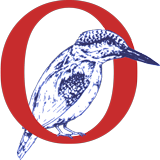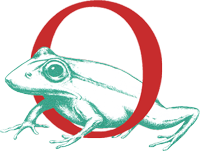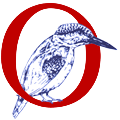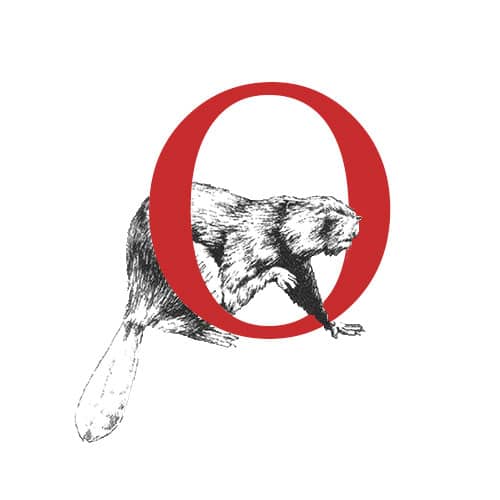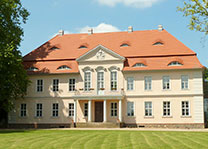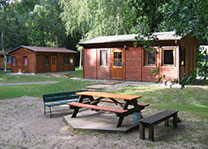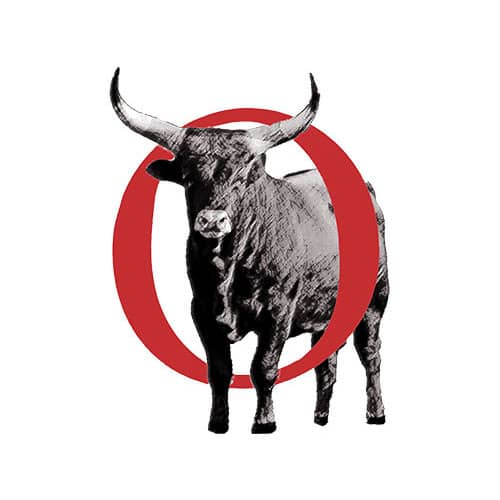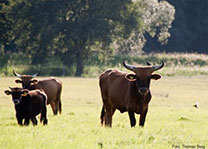At the annual press conference of the Association of Friends of the German-Polish European National Park Unteres Odertal eV on Thursday, January 17th, 2008, the chairman of the board, Thomas Berg, stated, among other things:
1. “Last year, our support association was able to put nature conservation in general and the large federal nature conservation project supervised by the association in a good position for the coming disputes and decisions. The company land consolidation procedure ordered by the state in 2000 has so far pumped many millions of euros into road construction in the region, but has not yet rearranged any parcels. However, it cannot be ruled out that this might succeed in the next few years, at least for individual parcels. The association will ensure that the interests of nature conservation do not come under the wheels.
2. About the system of water and soil associations, which have previously been financed through the municipalities, which in turn get back the money plus administrative surcharge as fees from the landowners according to the size of their landed property, it is still under discussion whether its injustice, which is unique in Germany, the Brandenburg Water Act, which is supposed to lead to improvements here, but has not yet been passed. As the owner of total reservations that exclude any human use, the development association is not prepared to pay fees which ultimately violate the spirit and letter of the National Park Act and the polders in the National Park are drained. We expect the state of Brandenburg to have a clear, easily manageable legal situation at no cost to the landowner, especially for unused nature conservation areas. Before the administrative courts in Potsdam and Frankfurt / O. the association has won all the proceedings that it had to lead to its own regret against the municipalities or offices in order to bring about a clarification. The fee notices of the offices for the water and soil associations all turned out to be illegal. Basically, however, the association and the municipalities have the same interests and expect the Brandenburg state government to find a just, sensible and practicable solution.
3. The promotion and encouragement of organic agriculture in the national park region were the focus of attention and commitment of the association in 2007. In the new year 2008 the main aim is to get the teachers and students in the region more interested in nature conservation in general and the national park in particular. To this end, an event is being prepared for all biology and geography teachers at the regional high schools. So while 2007 was mainly focused on organic agriculture, 2008 is all about regional environmental education.
4. Of course, the tried and tested excursion program, for which 204 participants came together on 13 excursions last year, will be continued in 2008; the new program will be published in the spring of this year.
5. With the amendment of the National Park Act of 2006 and the entry into force of the Hunting and Fishing Ordinance in 2007, the legal framework conditions of the National Park are set for the time being and are binding for everyone, including our association. We will use the leeway set therein and are also prepared to participate in the legally required national park plan as the largest land owner in the national park, of course on the basis of the maintenance and development plan that is still binding for us.
6. The association will continue to campaign massively against unforgivable ecological sins, for example against the early pumping out of wet polders in the national park, against the still sprawling garbage dump near Friedrichsthal and against new wind farms in ecologically sensitive areas, such as in Groß Pinnow, as well as against economic ones — and landscape fragmentation that is nonsensical in terms of transport policy, such as the re-routing of the B 166 to Poland or against the widening and deepening of the Hohensaaten-Friedrichsthaler waterway between Schwedt and the Westoder, for which there is no economic need. Last but not least, a thorough analysis by the Technical University of Berlin in 2007 made it clear that the transport infrastructure for the eastern Uckermark is more than sufficient. The load on the road network in the Uckermark will tend to decrease further in the future due to the decline in population.
7. Of course, the association will continue to purchase areas in the national park region within the scope of its funds. In 2007 he was able to buy a total of 58.1179 hectares. He offers prospective salespeople an unbureaucratic and fast implementation of the purchase contract and quick payment. The acquisition of land remains the most important instrument of nature conservation. ”
Thomas Berg
CEO
